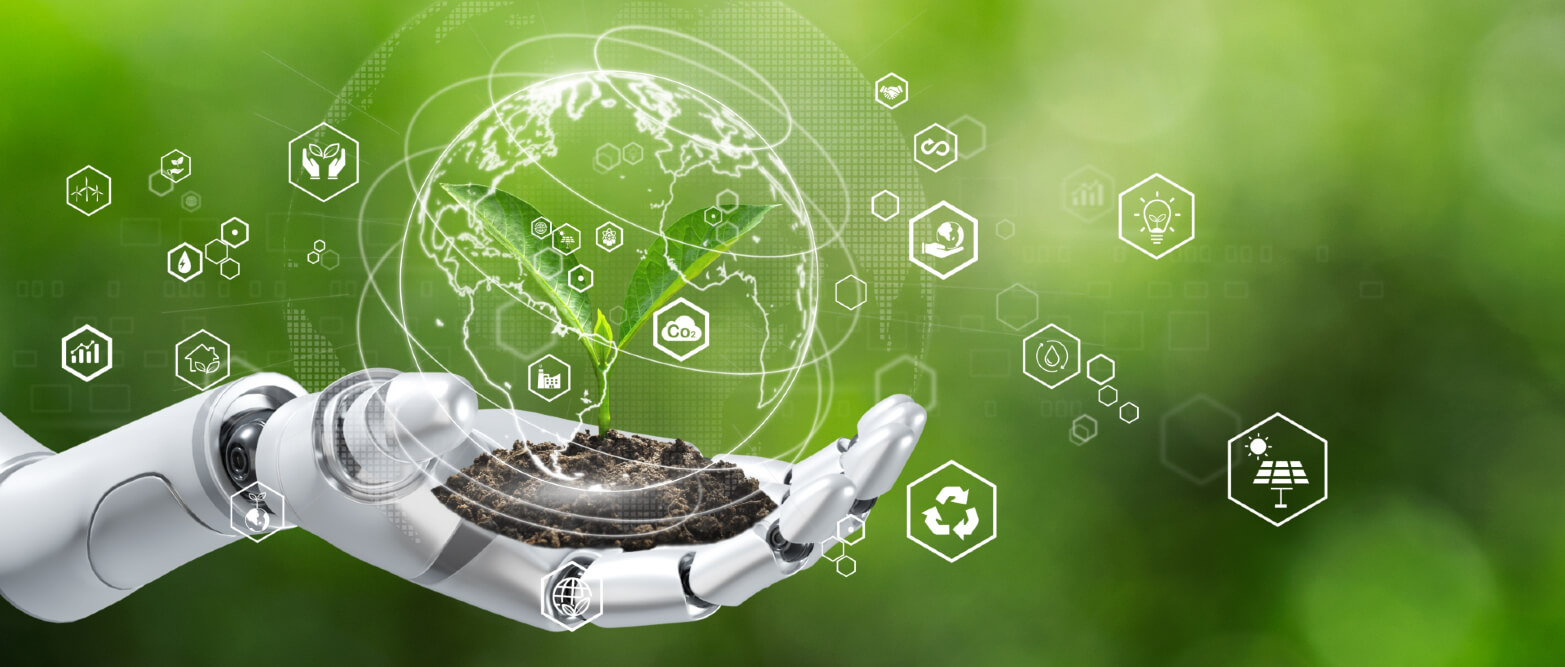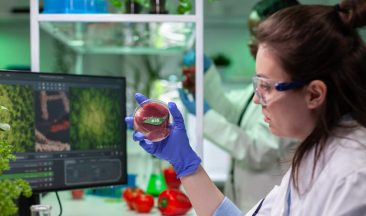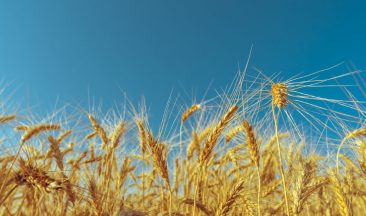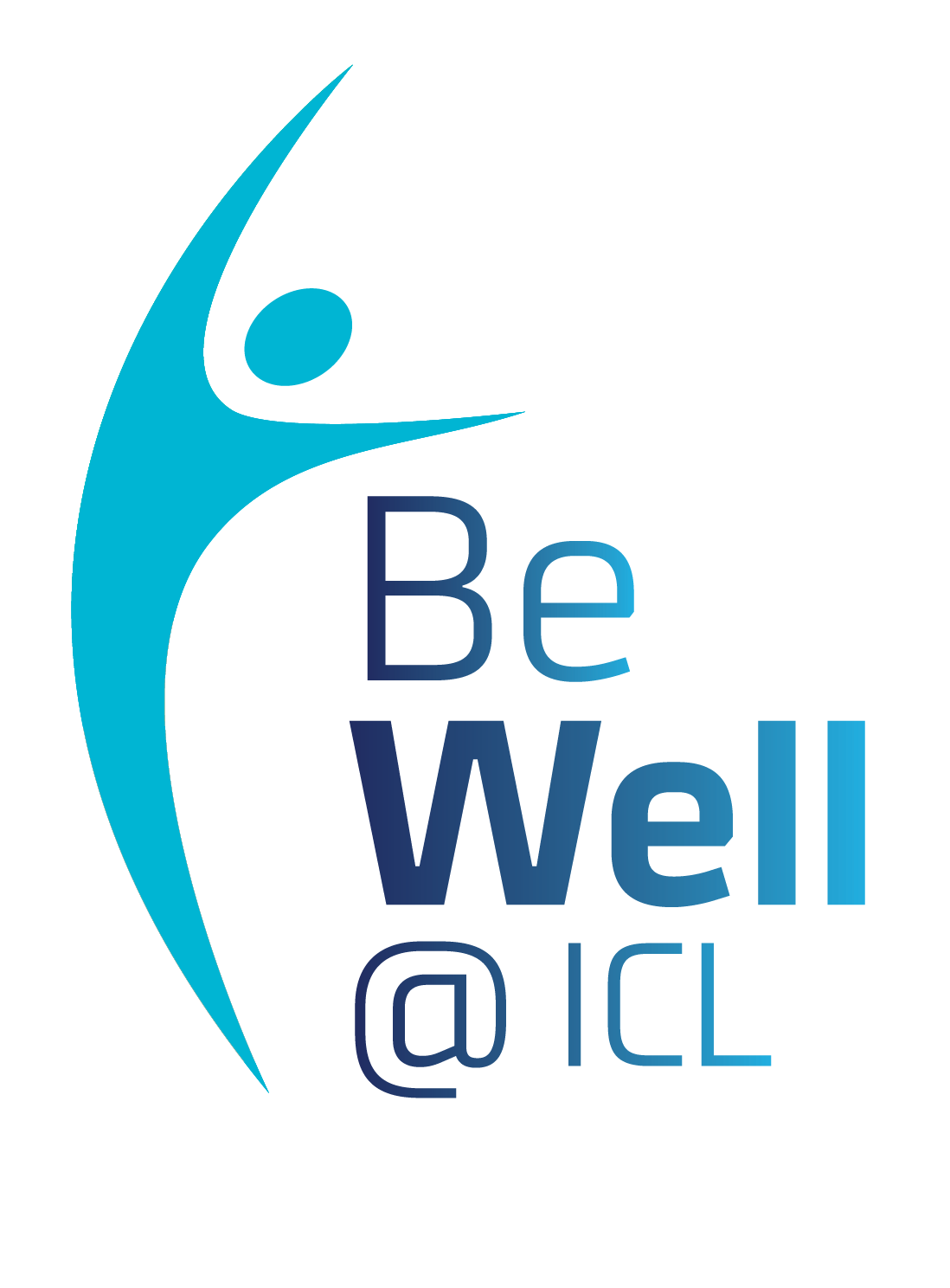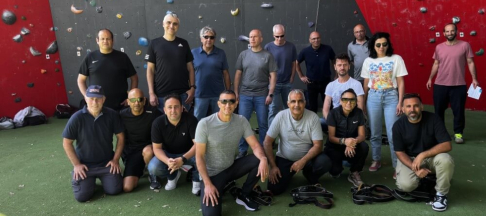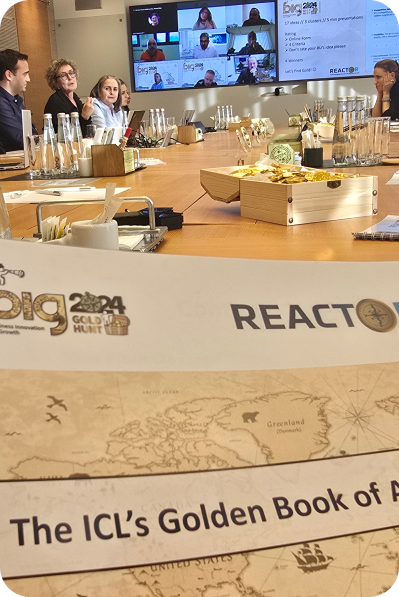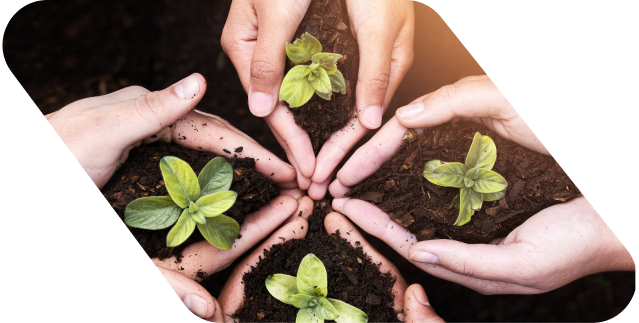This article is a continuation of our 2024 exploration into the evolving landscape of AgroTech and sustainable farming. Last year, we examined how digital agriculture, generative AI, regenerative practices, and biotechnology were laying the groundwork for a smarter, more sustainable food system. From the integration of digital twins to advances in alternative proteins and carbon measurement (MRV) technologies, these trends signaled a pivotal shift toward climate-conscious, tech-enabled farming. As we move into 2025, the momentum continues—deepening the role of AI, expanding biological solutions, and accelerating investment in scalable, future-proof agricultural innovation.
AgroTech is reshaping the future of food security. With the global population projected to surpass 10 billion by 2050 and climate change intensifying pressure on food production, the agricultural industry must rapidly evolve. Cutting-edge innovations in AgroTech are not just enhancing efficiency— they’re redefining how we grow, manage, and sustain our food systems.
To explore the future of AgroTech, we spoke with Hadar Sutovsky, VP of Corporate Investments at ICL and General Manager of ICL Planet. With a deep understanding of emerging trends, Hadar shared insights into the technologies and strategies that will shape the next decade of sustainable agriculture.
From AI-driven precision farming and regenerative agriculture to carbon utilization and biological solutions, ICL is at the forefront of AgroTech innovation. The company’s commitment to sustainability extends across the entire agricultural value chain, helping farmers improve soil health, optimize yields, and build a more resilient food system.
4 Top Agriculture Trends in 2025
Top agricultural trends in 2025 are:
- The Rise of AI in Agriculture
- Carbon Utilization and Remote Sensing
- The Shift to Regenerative Agriculture
- Breakthroughs in Ag Biotechnology
AgroTech is at the cutting edge of agricultural innovation, integrating advanced technologies to address some of the most pressing challenges in food production. From climate resilience to soil restoration, the industry is undergoing a transformation driven by scientific breakthroughs and sustainable solutions.
Researchers and AgroTech pioneers are developing next-generation technologies to enhance crop resilience, restore soil health, and optimize carbon utilization in farming. AI-powered precision agriculture, regenerative practices, and microbial solutions are paving the way for a more productive and climate-smart agricultural system.
To understand where AgroTech is headed, we’ll explore four emerging agriculture trends that are shaping the future of sustainable farming.
- The Rise of AI in Agriculture
Artificial intelligence is transforming agriculture, enabling farmers to make data-driven decisions that improve efficiency, sustainability, and productivity. From real-time crop monitoring to predictive analytics, AI-driven tools are optimizing agricultural practices like never before.
AI is also set to play a key role in the future of agrotech, particularly as the heart of precision agriculture, where smart algorithms analyze vast datasets—weather patterns, soil health, and crop performance—to provide actionable insights.
AI-powered autonomous equipment is already enhancing seeding, irrigation, and pest management, ensuring precise resource allocation and higher yields. AI platforms demonstrate the potential to accelerate new product discovery, to enhance the full R&D life cycle, from research and discovery to development and product launch.
One of the most exciting AI-driven advancements is in agricultural research. Companies like Agrematch, part of the ICL Planet portfolio, are using AI to accelerate the discovery of novel crop solutions. Agrematch is identifying high-efficiency agrochemical inputs and compounds that promote sustainable farming practices by leveraging agriculture big data and machine learning.
“AI is revolutionizing AgroTech, particularly in the discovery of novel crop solutions. Agrematch is a great example of how artificial intelligence is helping reshape sustainable agriculture.”
— Hadar Sutovsky, ICL VP Corporate Investments
- Carbon Utilization and Remote Sensing
Agriculture is no longer just a contributor to emissions—it is becoming a powerful tool for carbon removal and climate resilience. Carbon utilization is rapidly emerging as a game-changing trend in AgroTech, with innovations that sequester carbon in soils, create value from agricultural waste, and support regenerative farming.
One of the most promising advancements is the rise of MRV (Measurement, Reporting, and Verification) technologies, which enable accurate tracking of soil carbon sequestration. AI-driven remote sensing and satellite imaging help quantify carbon stocks more efficiently, making carbon credit markets more accessible to farmers. These technologies are turning sustainable farming practices into economic opportunities by allowing growers to monetize carbon sequestration through verified credits.
Beyond soil sequestration, carbon utilization is also advancing through biochar and microbial-based carbon capture solutions. Biochar—produced by burning organic waste in low-oxygen environments—locks carbon into the soil for centuries while enhancing soil fertility. Additionally, biological solutions such as microbial carbon capture are being explored to convert atmospheric CO₂ into soil-enriching compounds.
“Carbon utilization is evolving from a niche concept to a cornerstone of sustainable agriculture. With AI-driven MRV technologies and carbon farming initiatives, agriculture is actively contributing to climate solutions.”
— Hadar Sutovsky, ICL VP Corporate Investments
- The Shift to Regenerative Agriculture
Regenerative agriculture is shifting from a sustainability goal to a technology-driven movement that is redefining how we grow food. AI, automation, and market-driven incentives are now accelerating the transition to soil restoration, biodiversity enhancement, and long-term farm resilience.
One of the biggest challenges in agriculture has been the depletion of soil health due to industrial farming methods. Today, precision tools are enabling real-time soil monitoring, targeted nutrient application, and regenerative farming practices that restore ecosystems rather than deplete them. Advanced robotic soil sampling and AI-powered soil analytics are helping farmers measure soil carbon, optimize regenerative inputs, and enhance biodiversity.
The financial landscape is also evolving—blockchain-integrated carbon markets and ecosystem service payment schemes allow farmers to monetize regenerative practices through carbon credits and sustainability-linked incentives. These innovations make regenerative agriculture not just an environmental necessity, but a profitable and scalable farming approach.
ICL is actively investing in biological fertilizers and microbial biostimulants, including its BIOZ biostimulants portfolio, to provide natural soil enrichment solutions that replace synthetic inputs. By partnering with startups like Lavie Bio and PlantArcBio, ICL is helping drive regenerative agriculture at scale.
“Regenerative agriculture is vitally important. It’s a rising AgroTech and sustainability trend, using AI, microbial solutions, and automation to restore soil health—it’s almost a healing process! Since the Green Revolution, industrial farming depleted the soil of vital bacteria and nutrients. Now, new methods and technologies are reversing that damage and bringing soil back soil health.”
— Hadar Sutovsky, ICL VP Corporate Investments
- Breakthroughs in Ag Biotechnology
Agricultural biotechnology is at the forefront of climate adaptation and food security, providing farmers with highly resilient crops, biological solutions, and AI-driven breeding techniques that enhance sustainability. With climate change intensifying droughts, flooding, and soil degradation, biotech is revolutionizing agriculture—allowing farmers to not just survive, but thrive.
Advances in synthetic biology, microbiome-based inputs, and RNA-driven crop protection are unlocking new levels of resilience. AI-powered breeding platforms are accelerating the development of drought-resistant seeds, disease-tolerant crops, and biologically enhanced fertilizers. Microbiome solutions, such as those pioneered by Lavie Bio and PlantArcBio, are enhancing soil biodiversity and optimizing plant nutrition—ensuring higher yields even in extreme conditions.
ICL is investing in cutting-edge Ag Biotechnology solutions to create future-proof farming systems. From biostimulants that enhance soil microbiomes to RNA-based crop inputs, which offer a groundbreaking approach to enhancing plant resilience and productivity by utilizing RNA molecules to modulate gene expression, providing an environmentally sustainable alternative to traditional chemical treatments, the next generation of AgroTech is being developed today.
By fostering strategic partnerships with leading Ag Biotech startups, ICL is ensuring that biotech innovations are rapidly integrated into real-world agricultural applications.
The Evolving Role of Startups in AgroTech
Startups are very much the future of agrotech. It’s a highly dynamic sector where specialist knowledge combines with an entrepreneurial spirit – and often a strong desire to make the world a better place.
They are playing a pivotal role in reshaping AgroTech, driving AI-powered precision agriculture, biological crop inputs, and climate-smart farming innovations. With the increasing demand for sustainable and scalable agricultural solutions, these agile innovators are accelerating the development of disruptive technologies that address some of the most pressing challenges in food production.
However, bringing breakthrough AgroTech solutions to market is complex. Startups must navigate regulatory hurdles, scaling challenges, and the need for real-world validation. This is where strategic corporate partnerships become mission-critical.
ICL actively collaborates with AgroTech startups through its Planet Startup Hub, fostering innovation by providing:
- Incubation, funding, and scaling opportunities: Startups receive funding, collaboration, and guidance in navigating commercialization and global expansion.
- Access to R&D resources and expertise: By leveraging ICL’s agronomic knowledge, research facilities, and technical expertise, startups can accelerate product development.
- Industry connections and market validation: Startups benefit from ICL’s global reach and established relationships across the agricultural supply chain.
Corporate startup collaborations are essential for accelerating the adoption of AgroTech innovations. They create pathways for joint ventures, co-developments, and investments, ensuring that emerging technologies—whether in AI-driven decision-making, regenerative agriculture, or alternative crop protection—reach farmers faster.
“Startups bring agility, risk-taking, and disruptive thinking to AgroTech. By combining this with corporate expertise, we can drive the adoption of game-changing solutions that will define the future of agriculture.”
— Hadar Sutovsky, ICL VP Corporate Investments
Future Investment Opportunities in AgroTech
AgroTech is rapidly becoming a high-priority sector for global investors, driven by the urgent need for climate resilience, sustainable food systems, and precision-driven agricultural innovations. As traditional farming faces growing challenges—from soil degradation to water scarcity—investment is flowing into breakthrough technologies that can drive both sustainability and profitability.
Key areas of investment growth include:
- Climate Tech & Carbon Markets: Technologies enabling carbon sequestration, regenerative agriculture, and sustainable soil management are now attracting impact-driven capital.
- Synthetic Biology & Biological Inputs: Investment is accelerating in biofertilizers, microbial biostimulants, and biological crop protection as scalable alternatives to traditional agrochemicals.
- AI-Driven Agriculture: From precision crop monitoring to automated farming systems, AI-powered solutions are optimizing resource efficiency and reducing environmental impact.
ICL’s investment strategy is aligned with long-term sustainability and climate resilience. The company is backing game-changing innovations that support soil health, carbon-neutral farming, and precision agriculture. These investments not only drive profitability but also shape the future of food production in a way that is both scalable and environmentally responsible.
“AgroTech investment is expanding beyond traditional agriculture into climate tech, synthetic biology, and AI-driven solutions. The next decade will see unprecedented growth in sustainability-focused innovation.”
— Hadar Sutovsky, ICL VP Corporate Investments
The Future of Agrotech
AgroTech stands at a historic turning point, shaping the future of global food security, climate resilience, and sustainable farming. For the first time, advanced technologies—AI, synthetic biology, and regenerative practices—are converging to create a scalable, climate-smart agricultural system.
ICL is committed to leading this transformation by investing in solutions that restore soil health, optimize carbon utilization, and drive precision agriculture. With a strong focus on biological innovations, AI-powered decision-making, and sustainable fertilizers, ICL is helping to turn climate challenges into opportunities for regenerative growth.
The company’s mission aligns with the United Nations Sustainable Development Goal of Zero Hunger, but its approach goes beyond commitment—it is about action. By collaborating with startups, researchers, and industry leaders, ICL is accelerating the deployment of real-world AgroTech solutions that empower farmers, sustain natural ecosystems, and secure the future of food production.
